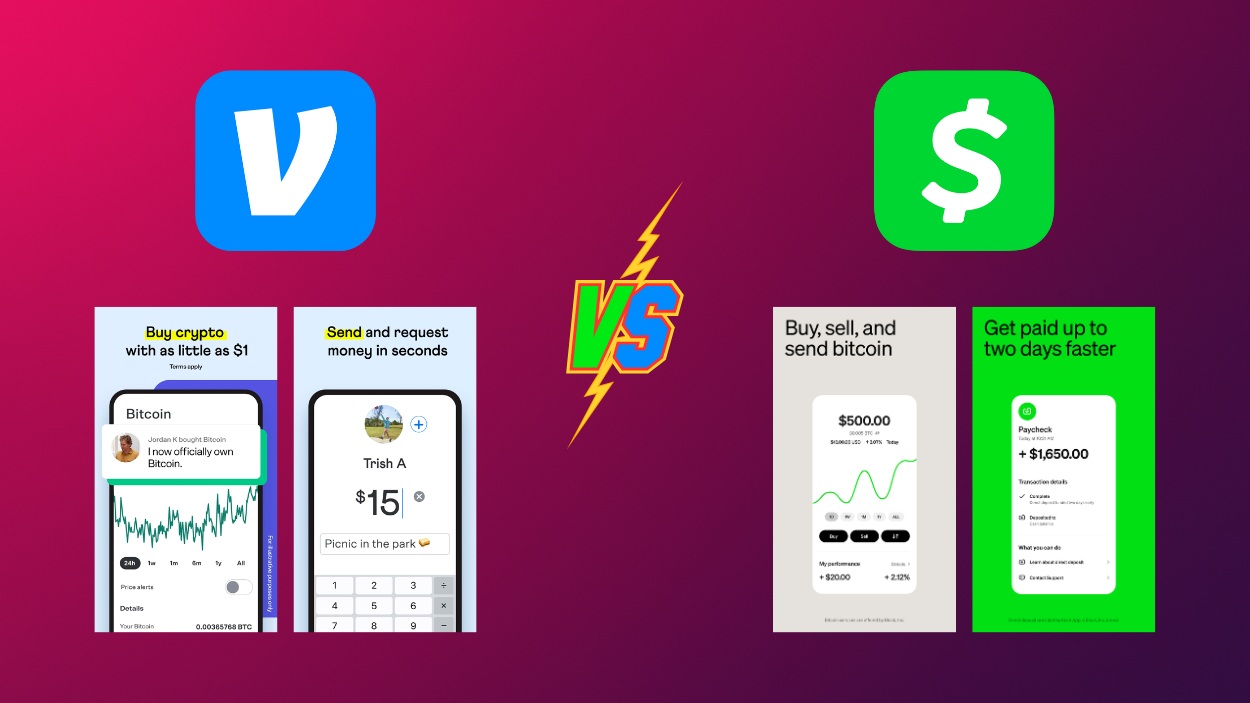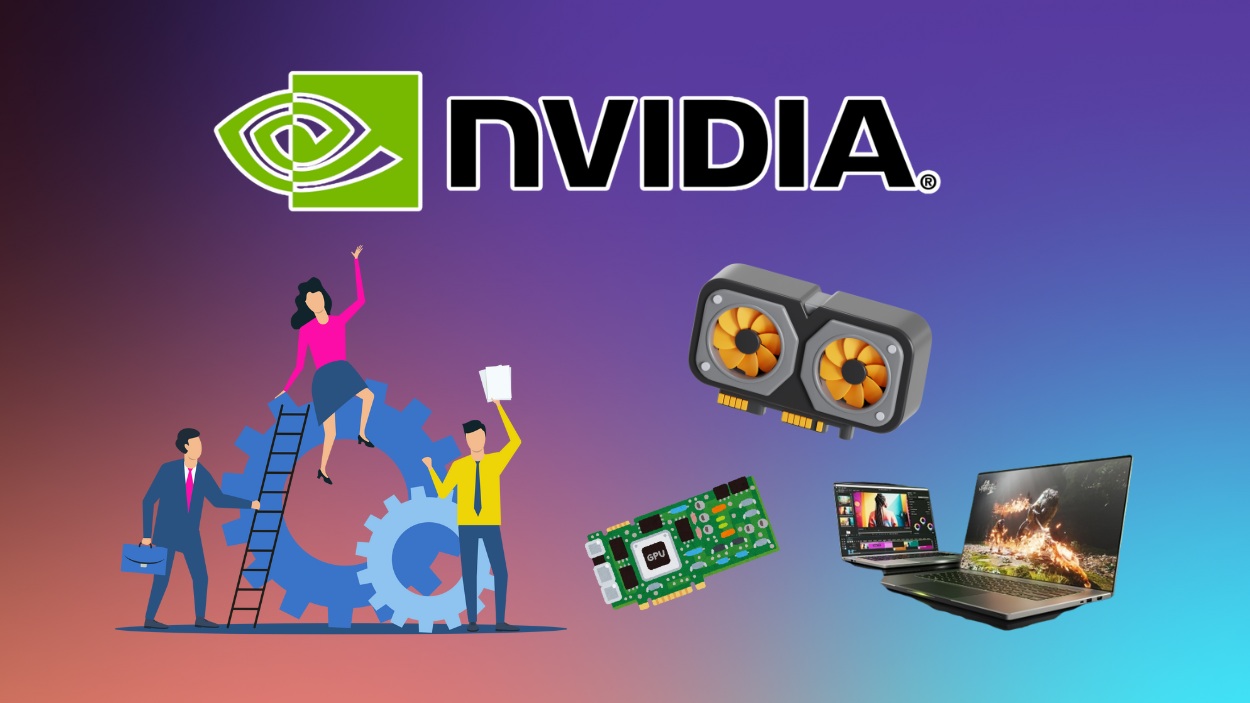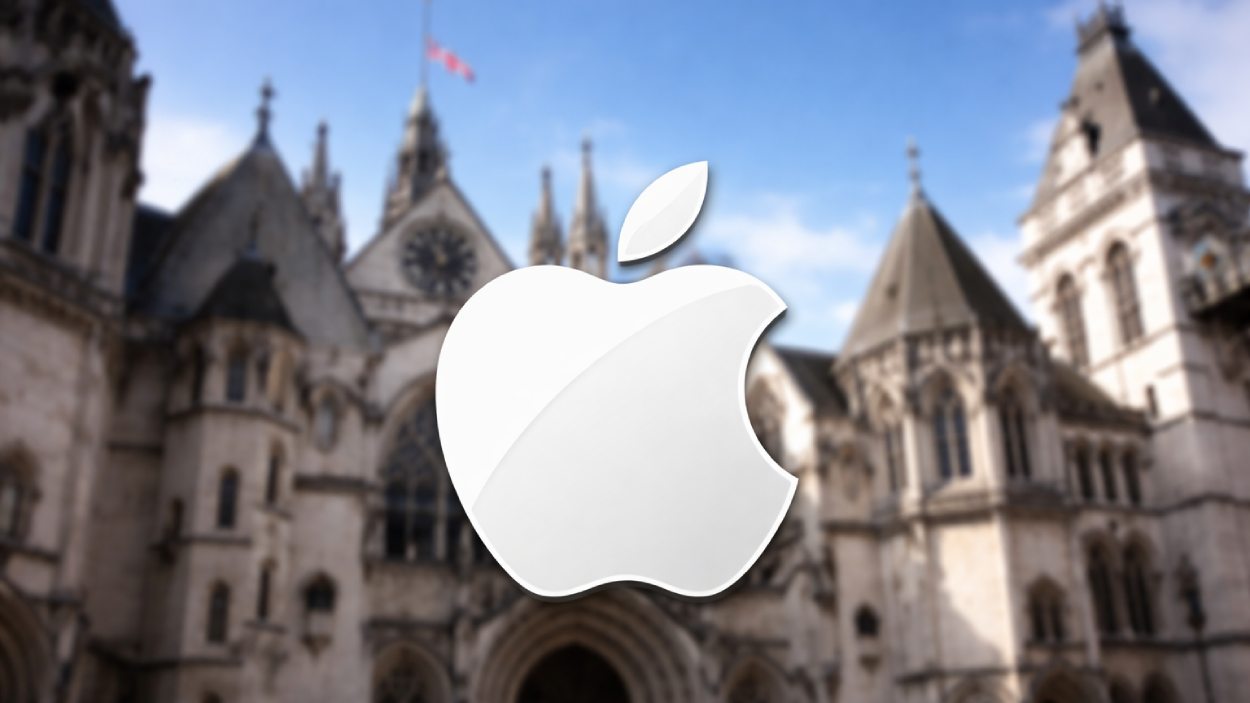Nvidia’s AI chips face intense scrutiny from Chinese authorities and political backlash in the US, threatening a critical slice of its global business.
Quick Summary – TLDR:
- China has raised concerns over potential backdoors in Nvidia’s H20 AI chips, warning domestic firms about their use.
- US President Trump has approved a controversial deal allowing chip sales to China in exchange for a 15 percent revenue cut.
- Chinese regulators summoned firms like Tencent and ByteDance, urging reliance on domestic chips instead.
- Nvidia and AMD now face legal, political, and business risks in both markets amid an ongoing chip tech cold war.
What Happened?
China is questioning the security of Nvidia’s H20 AI chips, alleging potential backdoors and demanding reassurances from the company. Meanwhile, the Trump administration has approved a deal that allows Nvidia and AMD to export less advanced AI chips to China for a 15 percent revenue share with the US government. These developments have put the spotlight on the growing tensions between national security, trade policy, and the global chip market.
WATCH: Chinese authorities have urged local companies to avoid using Nvidia’s H20 artificial intelligence chips, particularly for government-related purposes, a media report said, citing people familiar with the matter https://t.co/4cazCYqRg8 pic.twitter.com/zSkCikwcsJ
, Reuters Business (@ReutersBiz) August 12, 2025
Chinese Scrutiny on Nvidia’s AI Chips
China’s Cyberspace Administration has accused Nvidia’s H20 chips of posing security risks, suggesting they may contain backdoor functionalities. This came after state owned media outlets criticized the chip’s safety, citing fears of remote shutdowns or data theft. Officials specifically warned that Nvidia must prove its chips are free from such vulnerabilities or risk losing both domestic and international trust.
Pan Helin, a key advisor in China’s Ministry of Industry and Information Technology, warned that if the backdoor claims are proven true, it would be a “self dug grave” for Nvidia. The government has already urged tech giants like Tencent and ByteDance to reconsider purchases and instead prioritize domestic alternatives, though no formal ban has been issued.
Nvidia responded swiftly, rejecting the allegations. Chief Security Officer David Reber Jr. issued a statement saying, “There are no backdoors in Nvidia chips. No kill switches. No spyware.”
Trump’s Controversial Export Deal
On the US side, a new deal brokered by President Trump is stirring legal and ethical debate. Under this arrangement, Nvidia and AMD are allowed to sell their AI chips to China but must give the US government 15 percent of the revenue from those sales.
This policy shift has shocked many in Washington, marking a departure from long standing national security driven export controls. Critics call it a “pay for play” model that commodifies national security. Legal experts question whether the 15 percent cut qualifies as an illegal export tax, as current US laws generally prohibit export duties on national security sensitive technologies.
Neither Nvidia nor AMD have fully confirmed the financial terms. Nvidia only said it “follows rules the US government sets for our participation in worldwide markets.”
Rising Demand Meets Geopolitical Pressure
Despite the scrutiny, Nvidia’s AI chips remain in high demand, especially in China, which accounted for about 13 percent of its total revenue. However, that share is now at risk as China doubles down on building its own chip ecosystem. Huawei, among others, is fast tracking development of domestic AI processors to reduce dependency on US suppliers.
Yet, production limitations and US sanctions continue to bottleneck China’s semiconductor ambitions. In 2024, China reportedly acquired 140,000 advanced AI chips through alternative channels despite the US ban, according to a report from the House Select Committee on the Chinese Communist Party.
Committee Chair Rep. John Moolenaar remarked, “For too long, the Chinese Communist Party has exploited weaknesses in our export control system… that puts our national security and our leadership in artificial intelligence at risk.”
SQ Magazine Takeaway
I think this is more than just another round of tech policy disputes. It’s the clearest sign yet that AI chipmakers are now pawns in a global power game. Nvidia’s troubles are not about just backdoors or taxes, they’re about who controls the future of AI. And in trying to please both Washington and Beijing, these companies are getting pulled in opposite directions. As a tech follower, I’m concerned. The decisions made now could shape who builds, owns, and governs the intelligence that powers tomorrow’s world. Let’s just say, the stakes are massive.
